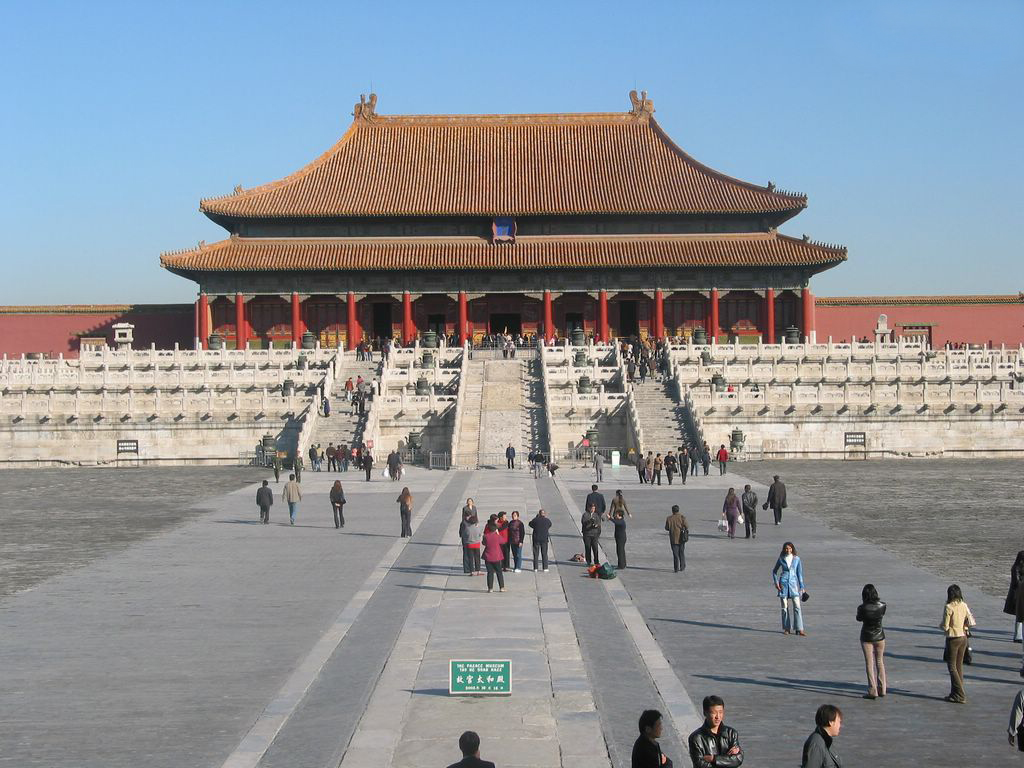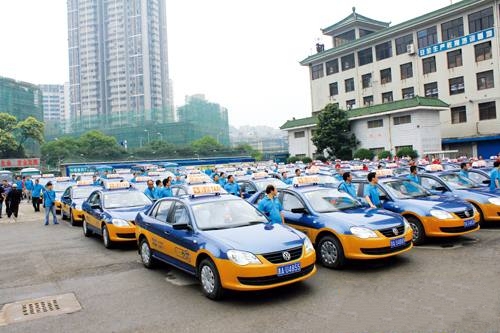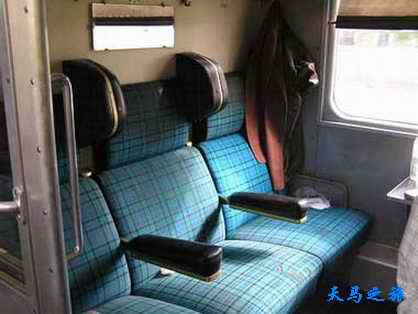Life in China
When foreign students decide to study in China, many of them worry about the way of life in China is completely different from their home countries, and they may have hard time to adapt their new study life in China. Today’s life in China is not so much different from anywhere else in the world. If students are studying in major cities like Shanghai, Guangzhou, Chengdu, Chongqing , the way of life has been strongly influenced by western culture, you can easily find western fast food restaurants, supermarkets and department stores. The average living expense of a student in china ranges from100 to 200 USD.

Chinese people are very tolerant of foreigners. Even the strangest behaviors are often accepted, for they think that such things are normal in other countries. The first rule in almost all situations you can get into in China is: don't lose your temper! Patience and politeness always go further than cursing and shouting. Here we'll offer some hints for the traveler's daily life.
Public transportation in China
Taxis
The simplest option for getting from point A to point B in Chinese cities is a taxi-people with lots of time and courage can also ride the bus. However, tourists coming in at the airport run the risk of getting ripped off by taxi rides into the city. We recommend taking an airport bus (no problem in Beijing and Shanghai) into downtown proper and then continuing by taxi to the final destination. One is normally met at the airport when one visits Chinese business partners, and hotels also offer pickup service at the airport. Chinese taxis are very cheap; you can cover short distances for eight yuan (about one euro) and up. After a certain distance, the price is calculated per kilometer. When you take a taxi, be sure the driver starts the meter, and seems like he knows where he's going-at least seems like he could follow the route on a map.

Buses
You buy bus tickets in the vehicle from a conductor. Simply name your destination and hold out the money; the bus company employee will give you the proper ticket. Depending on the route, you'll pay 1 - 2 yuan, or more for longer distances. Buses in large cities are for the most part overfull, and crowding is enormous-keep an eye on your valuables. The driving style of bus drivers is often astounding and reckless. My first bus ride a few years ago in Hangzhou was a formative experience: our driver didn't like to be passed and ran races with another bus. Just when it got really exciting, the police interrupted. .

Trains
To obtain tickets in person at a train station is an interesting experience that helps one to imagine why self defense is so important to the Chinese. Crowding is unbelievable. During the spring festival or holidays around the national holiday, it's almost impossible to get a ticket yourself. It's therefore worthwhile to pay an extra 30 - 50 yuan to get tickets from a travel agent

There are four classes of travel on trains.
Hard seater
the cheapest seats, typically just metal with a thin plastic coating. For overnight and long trips you should avoid these; even hardened backpackers should steer clear. Don't offer your seat to an older gentleman or beautiful woman, or you'll bitterly regret it at midnight, as you try in vain to sleep in the aisle or continue standing for the nth hour. If you go to the lavatory, there is no guarantee that your seat will be unoccupied when you get back to it.
Soft seater
available on some routes (e.g. between Shanghai and Hangzhou) day and night.
Hard sleeper
are fully sufficient for night travel. They are open compartments with six narrow beds, with great opportunities to converse with Chinese travelers. Hard sleepers are often sold out on holidays.
Soft sleeper
luxury class. Here you'll encounter wealthy Chinese and executives (if, that is, they don't fly instead). Comfortable compartments for two or four people, there is nonetheless not as much space for luggage as in hard sleepers. A soft sleeper costs almost as much as a plane ticket.

Finances
Converting euro, pounds, dollars to Chinese currency is easy. You can do it immediately after arrival at the airport in Beijing or Shanghai or any where in the china, and they can be exchanged for yuan at almost any Bank of China, as well as in many hotels. People planning to stay longer should consider opening an account with Bank of China. Electronic transfers from European banks take 3 - 7 days. Chinese banks often have a special counter where transactions in foreign currency are conducted. Foreign credit and debit cards are an exciting affair-will the ATM take them or not? There are tourists who spend half a day in the bank waiting for the return of their credit cards. Paying with a credit card is usually not a problem in posh hotels. Education Era Offer Special Service to our Clients by helping them to save alot of time and huzzle of this currency exchange... you may call our office or send an email to get the information on this



